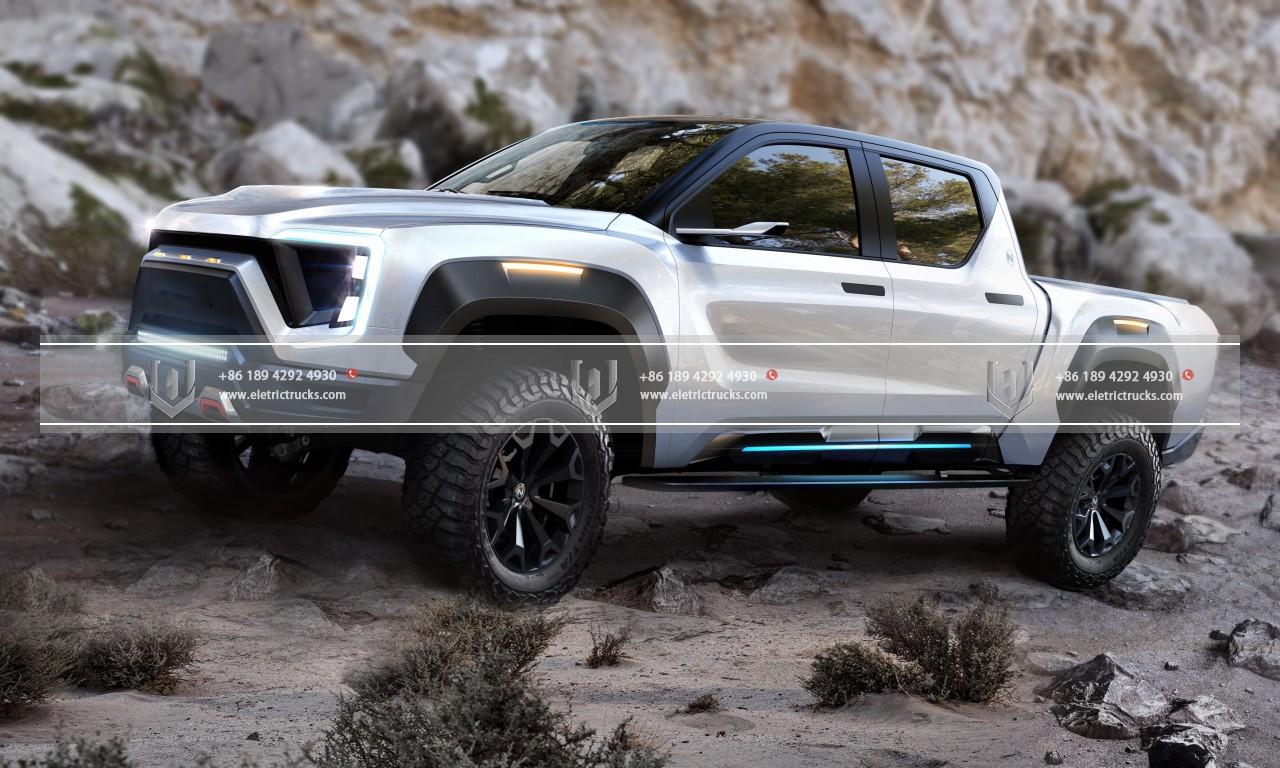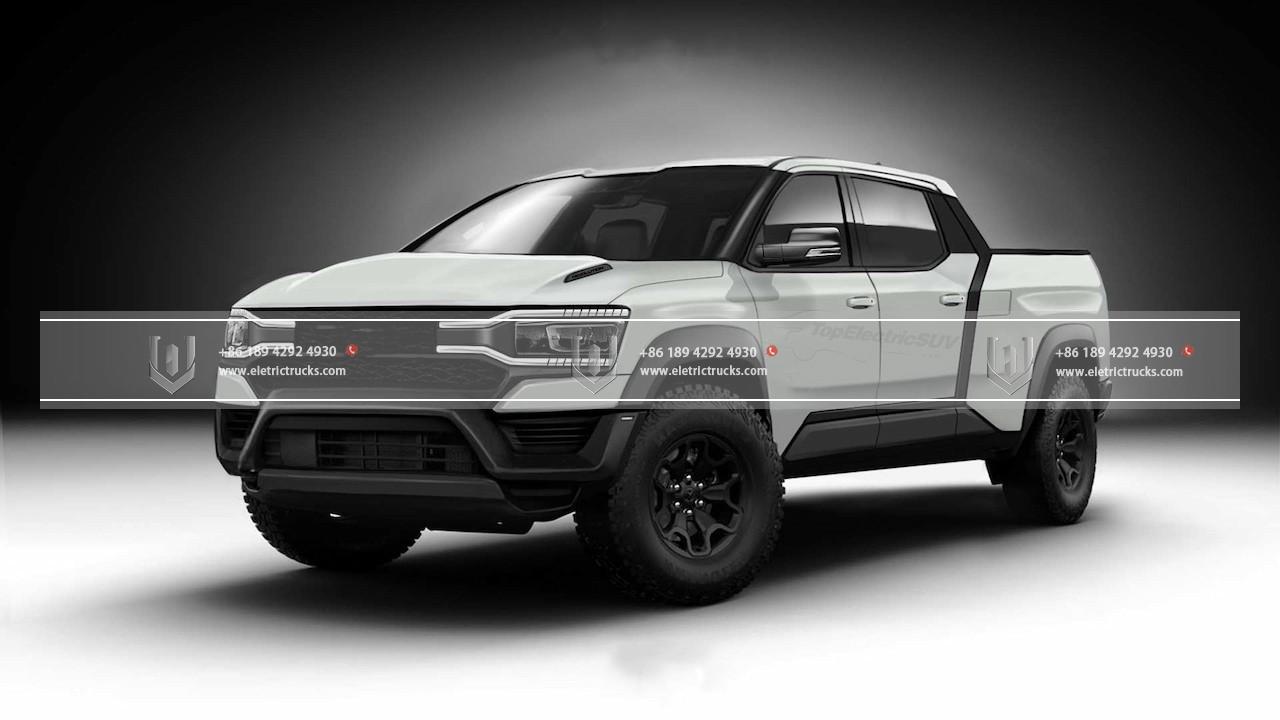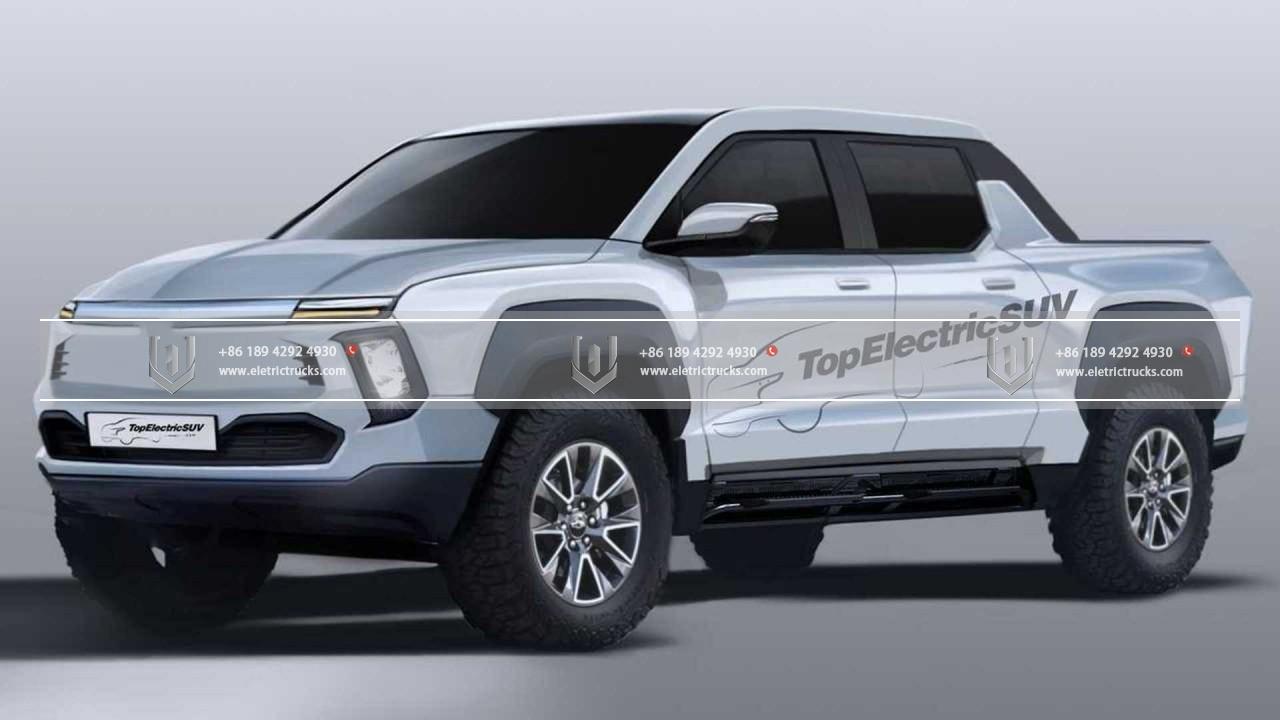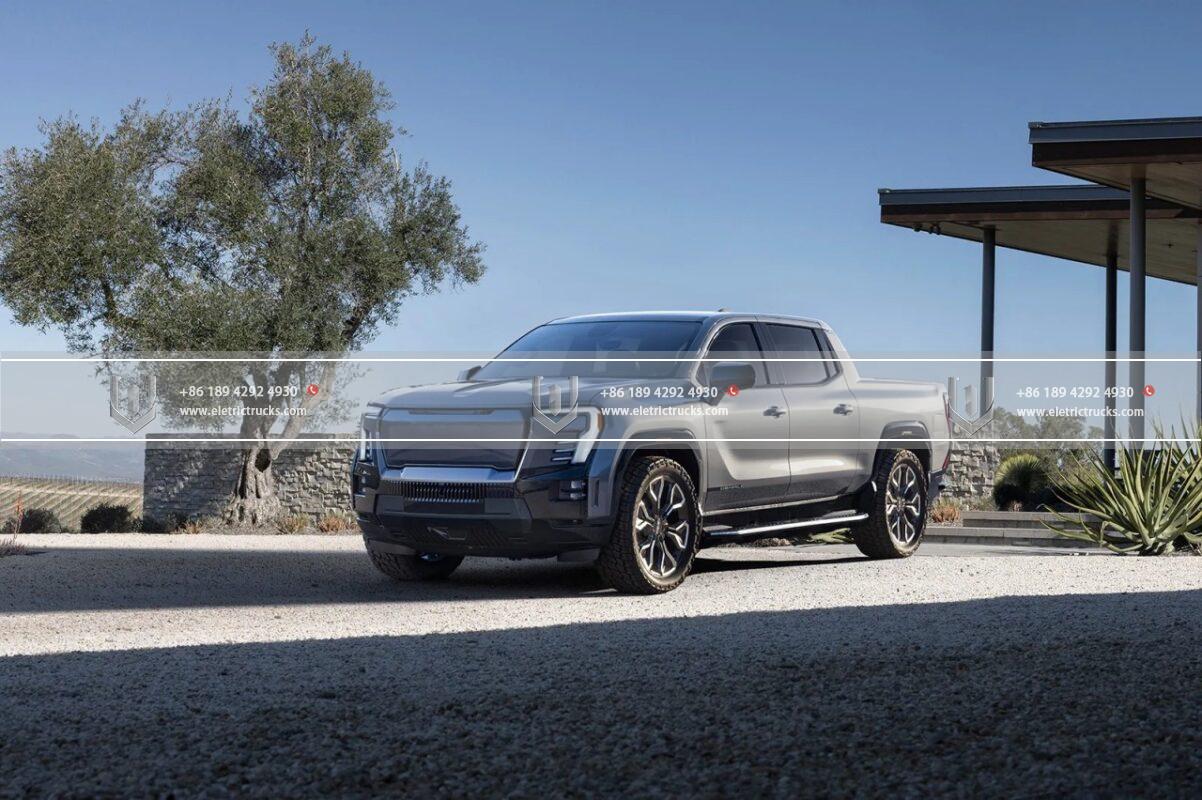Electric Truck Knowledge
Charging Ahead: The Latest Advancements in Electric Truck Technology
The transportation industry is experiencing a significant shift towards sustainability, and electric vehicles (EVs) have been at the forefront of this revolution. While electric cars have been making headlines for their environmental benefits and cutting-edge technology, there is another segment of the market that is gaining traction: electric trucks. Electric truck technology has been rapidly advancing, and the latest developments are poised to revolutionize the way we think about heavy-duty transportation.
One of the most significant advancements in electric truck technology is the improvement in battery technology. Batteries are the heart of any electric vehicle, and their efficiency and capacity directly impact the truck’s range and performance. In recent years, we have witnessed a remarkable improvement in battery technology, with companies like Tesla, Rivian, and Nikola pushing the boundaries of what is possible.
These advancements have resulted in electric trucks with longer ranges, faster charging times, and increased payload capacity. Er enghraifft, yr Tesla Semi, set to be released shortly, boasts a range of up to 500 miles on a single charge, making it suitable for long-haul routes. Additionally, advancements in battery chemistry have allowed for faster charging, with some trucks able to achieve an 80% charge in under 30 minutes.

Another area where electric truck technology has seen significant advancements is in the realm of autonomous driving. While autonomous driving is not exclusive to electric trucks, the combination of electric propulsion and self-driving capabilities has the potential to revolutionize the trucking industry. Autonomous electric trucks have the advantage of lower operating costs, reduced driver fatigue, and increased safety.
Companies like TuSimple and Waymo are leading the way in developing autonomous electric truck technology. These trucks use a combination of sensors, cameras, and artificial intelligence to navigate the roads and make real-time decisions. While there are still regulatory hurdles to overcome before we see fully autonomous electric trucks on the roads, the progress made so far is impressive and holds great promise for the future of trucking.
Ymhellach, charging infrastructure plays a crucial role in the widespread adoption of electric trucks. To meet the demands of an electric truck fleet, an extensive network of charging stations needs to be in place. Fortunately, charging infrastructure has been expanding rapidly, thanks to partnerships between government agencies, utility companies, and private businesses.

High-power charging stations capable of delivering hundreds of kilowatts are being deployed along major trucking routes and in logistics hubs. These stations can recharge an electric truck‘s batteries in a fraction of the time it takes for traditional charging methods. Additionally, advancements in wireless charging technology are being explored, which could eliminate the need for physical charging stations. This would enable trucks to charge while in motion, extending their range and reducing downtime greatly.
One of the concerns often raised about electric trucks is their towing and hauling capabilities. Heavy-duty trucks are often required to transport massive loads over long distances, and skeptics have questioned whether electric trucks can compete with their diesel counterparts. However, recent advancements in electric motor technology have put these doubts to rest.
Electric trucks are now equipped with powerful electric motors that can deliver impressive torque and towing capacity. The instant torque provided by electric motors allows trucks to accelerate quickly, even under heavy loads. Additionally, the design of electric drivetrains allows for more efficient power transfer, resulting in less energy waste and improved overall performance.

The benefits of electric trucks extend beyond the environment and operational efficiency. They also provide a quieter and smoother driving experience, reducing noise pollution in residential areas and improving the quality of life for both drivers and nearby communities. The absence of tailpipe emissions eliminates harmful pollutants, contributing to cleaner air and better public health.
I gloi, the latest advancements in electric truck technology are propelling the industry forward at an unprecedented pace. From improved battery technology and longer ranges to autonomous driving capabilities and expanding charging infrastructure, electric trucks are poised to become the future of heavy-duty transportation. As environmental concerns and the need for sustainable solutions continue to grow, electric trucks offer a viable and promising alternative to traditional diesel-powered vehicles. With ongoing research and development, we can expect even more exciting advancements shortly, making electric trucks a dominant force on the roads and charging ahead toward a greener and more efficient future.

